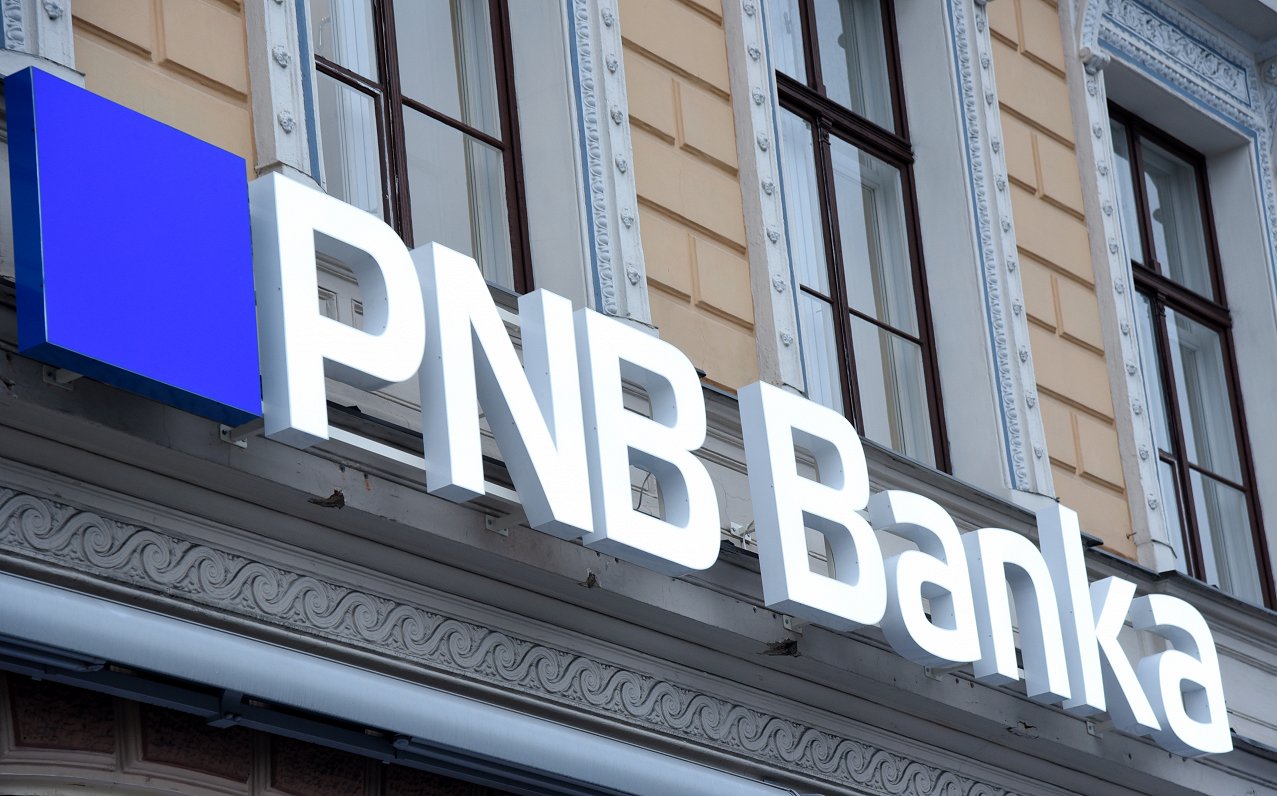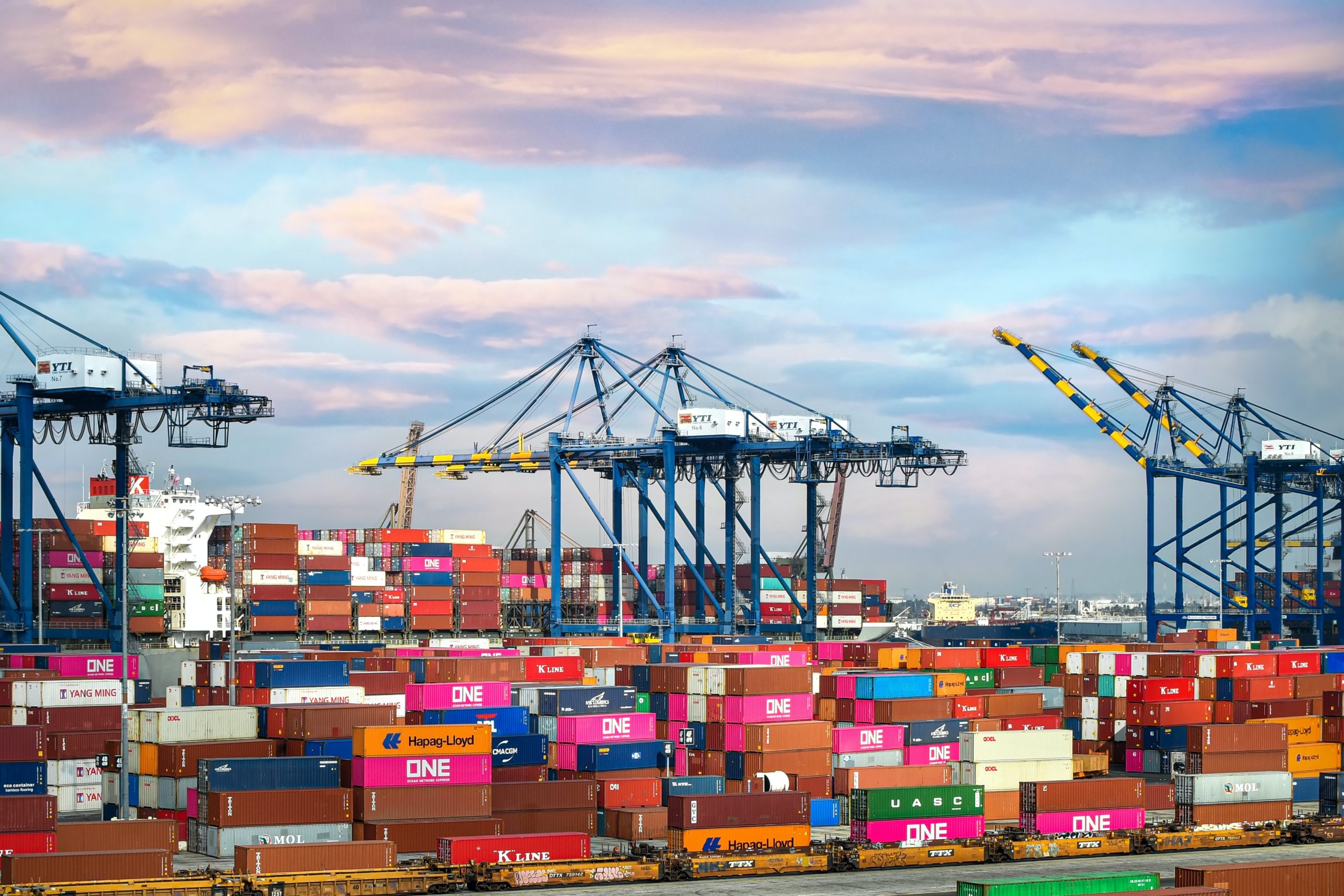Latvia has the fastest broadband internet speeds in developing Europe and is ranked 16th globally. Latvia has a total population of 1,929,938, with 1,491,951 Internet users, giving it a 76.30 percent Internet penetration rate. According to government statistics, 46 percent of Latvians made internet purchases in the previous year. Many Latvian businesses have developed incentives for customers to utilize their services completely online. There are some regulations you need to know that govern selling online in Latvia.

Distance contract
The Seller is the individual who offers to sell products online, and the Buyer is the person who places an order for such goods online. The Seller agrees to sell and deliver the items to the Buyer in the manner specified by the Buyer.
Delivery and payment arrangements
The buyer places an order for goods, specifying the precise items and quantity required. The buyer can pay using the internet shop’s built-in payment mechanisms or by paying the invoice for the order that the seller has created and emailed to the buyer. The invoice is generated electronically and is not required to be signed. After the vendor receives payment for the products, the goods must be delivered to the customer within five days. The buyer must be informed of the delivery date and must agree to it.
Right of withdrawal
The buyer has the right to refuse products within 14 calendar days by delivering a letter of refusal to the vendor. At the buyer’s request, the Seller will send the letter of withdrawal to the buyer through email. Within seven days of receiving the withdrawal letter, the buyer must return the products to the seller. If the items are perishable or quickly utilized, or were created specifically for the buyer on an individual order, the customer may not use the right of withdrawal. The buyer is responsible for maintaining the product’s quality and safety and the seller has the right to refuse the refusal if the product or its packaging is damaged.
Data Processing
When creating an order, the buyer must supply accurate information that the seller will use to deliver the order. The buyer’s information also confirms that he or she accepts to receive updates regarding the status of his or her order.
The European Union’s Digital Single Market Initiative
In May 2015, the European Union set out to build a Digital Single Market (DSM). The overarching goal is to lower regulatory and other trade obstacles, as well as to open up online opportunities throughout Europe, ranging from e-commerce to e-government. The European Union has adopted many directives to strengthen the regulation of transactions and online commerce in digital products and services. Amendments to the Consumer Rights Protection Law (CRPL) will establish new requirements for agreements on the supply of digital content or online services. The main changes included in the amendments are described below.
Transparency and fairness
Consumers should have easy access to general information on the primary elements that determine how goods or services are listed on a website, according to the changes. It must be stated, among other things, if goods or services from sellers who have paid or provided the online marketplace are more apparent while searching for commodities on the website.
Proper Information
Because consumers can buy goods online from both firms and individuals, online marketplace providers will now be required to tell customers that the seller is not a legal person and that consumer protection rules would not apply to the transaction. Consumers will also need to know if the online marketplace provider is responsible for delivering the products and exercising the right of withdrawal.
Misleading Customer Feedback
The merchant must not provide fraudulent or misleading feedback or recommendations to customers. As a result, the operator of an online marketplace must take reasonable steps to guarantee that the feedback posted is from customers who have used the goods or services in question.
Ticket reselling
It is planned to include a rule in the law that the resale of event tickets to consumers will be considered a deceptive commercial practice if they were purchased using automated means, circumventing the established limits on the number of tickets that a person may purchase or other rules that apply to ticket purchases.
Products with two levels of quality
Business practice is also considered deceptive if goods sold in one member state are demonstrated to have significant changes in composition or attributes when compared to goods sold in other member states that appear to be identical. The goal is to ensure that buyers are not misled and that seemingly identical goods are of the same high quality regardless of where they are purchased.
Penalty of Non-Compliance
Revisions to the CRPL changed the penalty for non-compliance by removing the €100,000 fine maximum but keeping the current approach of the supervisory authority having the right to punish up to 10 percent of turnover. In circumstances where information about a commercial practice’s turnover cannot be obtained, the maximum fine can be up to €2,000,000.







